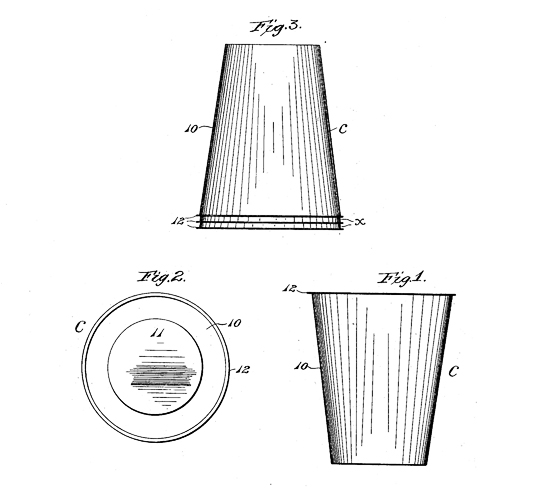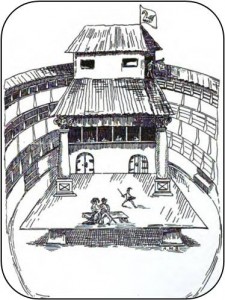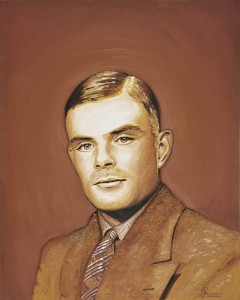The Secret History of the Dixie Cup
What was it like before we had single serving receptacles at our disposal as simple as the common paper cup? Such objects are taken for granted to the point where they seem invisible, and yet the significance of such objects is legion…
The Unnatural History of the Dixie Cup
The Dixie Cup, the Kleenex of paper cups, the ubiquitous, single-serving, individual drinking vessel, was never meant to be shared. The paper cups were not built to last. Drink. Toss. Repeat.
Their story starts with a Boston inventor named Lawrence Luellen, who crafted a two-piece cup made out of a blank of paper. He joined the American Water Supply Company, the brainchild of a Kansas-born Harvard dropout named Hugh Moore. The two began dispensing individual servings of water for a penny—one cent for a five-ounce cup from a tall, clumsy porcelain water cooler.
Soon they were the Individual Drinking Cup Company of New York and had renamed their sole product the Health Kup, a life-saving drinking technology that could help prevent the transmission of communicable disease and aid the campaign to do away with free water offered at communal cups, “tin dippers,” found in public buildings and railway stations. Make no mistake, because of this scourge, one biologist reported in a 1908 article, there was “Death in School Drinking Cups.”…
For the complete article click here to go to Smithsonian.com.



